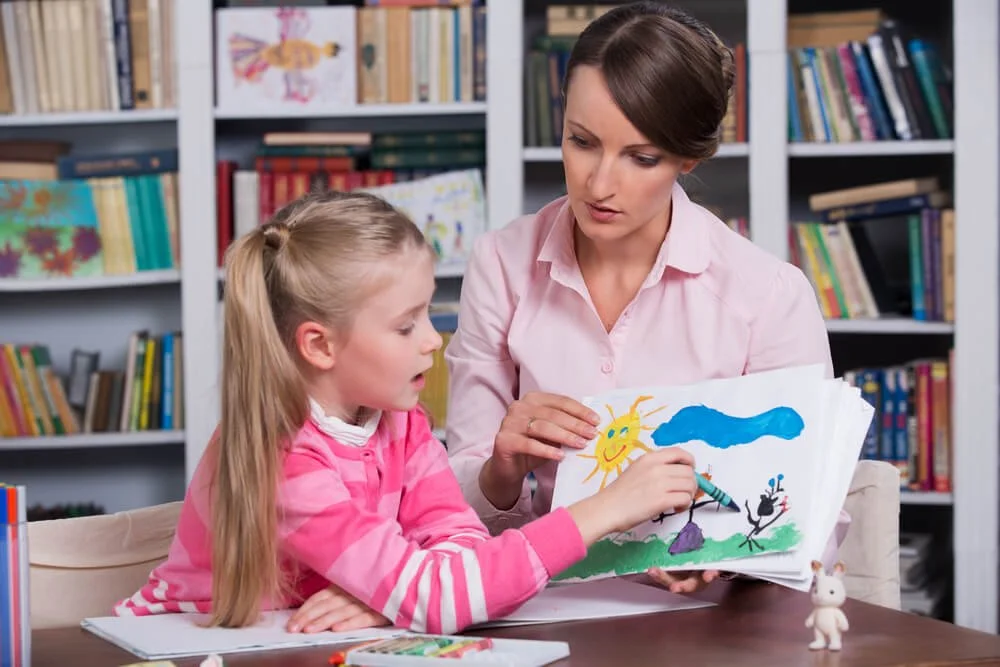Tips to Co-Parent Successfully During and After Divorce
Co-parenting can be a challenging experience for separated or divorced parents, especially when emotions are high. However, it is important for the well-being of the children that both parents work together effectively in order to provide a stable and supportive environment for them.
As parenting communication by separated parents remains important for the young children, the following tips can help you to be effective co parents during and after divorce.
Communicate Effectively
Good communication is key to a successful co-parenting relationship. It is important to avoid speaking negatively about each other in front of the kids, and to communicate through texts or emails instead of in person when emotions are high. This will help to minimize conflict and ensure that important information is shared in a clear and respectful way.
2. Develop A Parenting Plan
A parenting plan is a written agreement that sets out the arrangements for the care of the children, including parenting time, responsibilities, and decision-making. A parenting plan can help to ensure that both parents are on the same page and can provide a roadmap for resolving disputes if they arise.
3. Show A United Front
It is important for both parents to present a united front to the children, especially when it comes to important decisions about their care and upbringing. This will help to provide stability and security for the children and prevent confusion or conflict.
4. Be Flexible
Parenting arrangements can change over time, especially as the children grow older and their needs change. It is important to be flexible and to adjust the parenting plan as needed, in order to ensure that it continues to meet the needs of both parents and the children.
5. Respect Each Other's Parenting Styles
Every parent has a unique approach to child-rearing, and it is important to respect each other's parenting styles, even if they are different from your own. This will help to minimize conflict and ensure that the children are well-cared for, regardless of which parent they are with.
6. Seek Support
Co-parenting can be a difficult time, and it can be helpful to seek support from a social worker or counselor. They can provide you with guidance and support as you navigate the challenges of co-parenting and help you to find effective solutions to any conflicts that arise.
7. Focus On The Needs of the Children
The well-being of the children should always be the top priority for both parents. This means putting aside personal conflicts and focusing on what is best for the children, both in the short-term and in the long-term.
8. Be Proactive
It is important to be proactive in addressing any issues that arise, rather than waiting for them to escalate. This means being open and honest with each other, and working together to find solutions that are in the best interests of the children.
9. Encourage Shared Parenting
Shared parenting means that both parents are actively involved in the care and upbringing of the children, regardless of whether they live together or apart. This can help to ensure that the children have a positive relationship with both parents, and that they receive the love and support they need from both parents.
10. Keep the Children Out of Adult Conflicts
It is important to remember that the children are not responsible for the problems between their parents, and that they should not be put in the middle of adult conflicts. This means avoiding involving the children in discussions about parenting arrangements or other adult issues, and not using them as messengers or intermediaries between the parents.
Seeking Professional Help
In some cases, co-parenting can become extremely difficult and it may be necessary to seek professional help. This can be in the form of mediation, where a neutral third party helps to resolve conflicts, or family counseling, where a mental health professional provides support and guidance to help improve communication and the co-parenting relationship.
If conflicts become serious or pose a risk to the well-being of the children, it may also be necessary to involve legal professionals to ensure that the rights and needs of the children are protected.
Seeking professional help does not mean that you have failed as a parent, but rather that you are taking steps to ensure that the children have the support and stability they need. With the help of professionals, separated or divorced parents can find effective solutions to their conflicts and work together to provide a positive and supportive environment for their children.
Conclusion
Co-parenting can be a difficult and challenging experience, but it is important for the well-being of the children that both parents work together effectively. By communicating effectively, developing a parenting plan, showing a united front, being flexible, respecting each other's parenting styles, seeking support, focusing on the needs of the children, being proactive, and encouraging shared parenting, separated or divorced parents can co-parent successfully during and after divorce.
By incorporating these tips into your co-parenting approach, you can create a successful co-parenting relationship that is focused on the needs and well-being of the children. Whether you are just starting out on your co-parenting journey, or have been co-parenting for years, it is never too late to make positive chan

